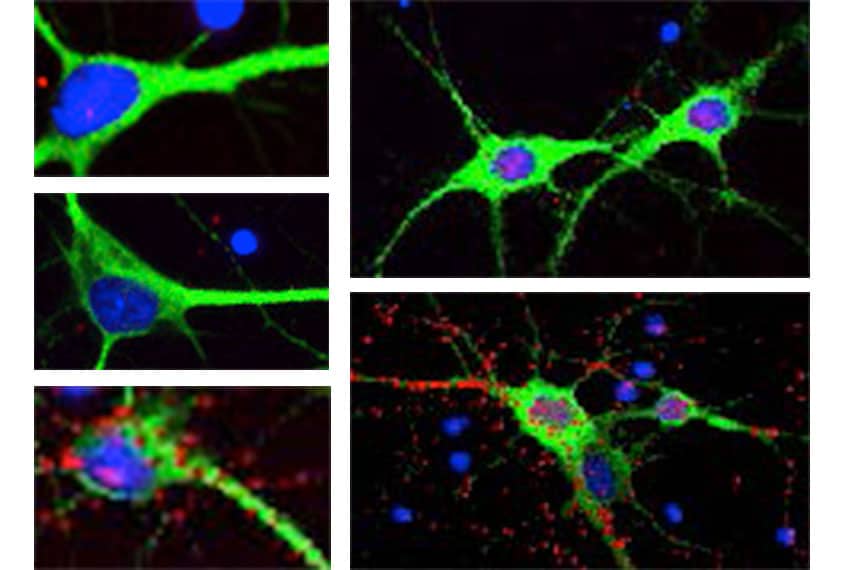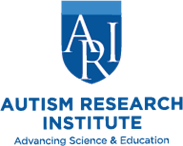Reducing levels of a protein called tau prevents seizures and symptoms of autism from occurring in two separate mouse models of autism, according to a recent study. While tau has never been linked to autism, it is known to play a role in Alzheimer’s disease and other neurodevelopmental conditions.
In earlier research, Chao Tai and colleagues found that reducing tau in a mouse model of Dravet syndrome—a severe form of epilepsy—could prevent seizures and cognitive deficits. “We wondered whether tau reduction could also prevent the signs of autism that are often seen in people with Dravet syndrome,” Tai says.

To explore this question, the researchers used a mouse model of Dravet syndrome with one or both copies of the gene that encodes tau deleted. They found that reducing tau did stop core autism symptoms from developing, with even a 50 percent reduction leading to significant benefits. The researchers conducted the same experiment with a second mouse model of autism involving a different genetic mutation, and achieved the same results.
In both mouse models, tau reduction also prevented enlargement of the brain, a common condition in autism. In addition, it prevented another autism-related phenomenon, over-activation of the PI3K-Akt-mTOR signaling pathway (which regulates many cell functions). The researchers found that tau reduction works by enhancing the activity of an enzyme called PTEN, which can prevent overactivation of this signaling pathway.
They conclude, “Our findings suggest an enabling role of tau in the pathogenesis of autism and identify tau reduction as a potential therapeutic strategy for some of the disorders that cause this condition.” Currently, they are developing and testing drugs that could lower tau levels or increase the activity of PTEN. However, they caution that reducing tau levels may not be an effective treatment for all forms of autism, and that treatment may only work during the early stages of development.
—
“Tau reduction prevents key features of autism in mouse models,” C. Tai, C. W. Chang, G. Q. Yu, I. Lopez, X. Yu, X. Wang, W. Guo, and L. Mucke, Neuron, February 18, 2020 (epub prior to print publication). Address: lennart.mucke@gladstone.ucsf.edu.
—and—
“Could targeting an Alzheimer’s associated protein prevent autism?,” news release, Gladstone Institutes, March 2, 2020.
This article also appears in Vol. 34, No. 2, 2020, of Autism Research Review International
By Stephen, M. Edelson, Ph.D.
Executive Director, Autism Research Institute

